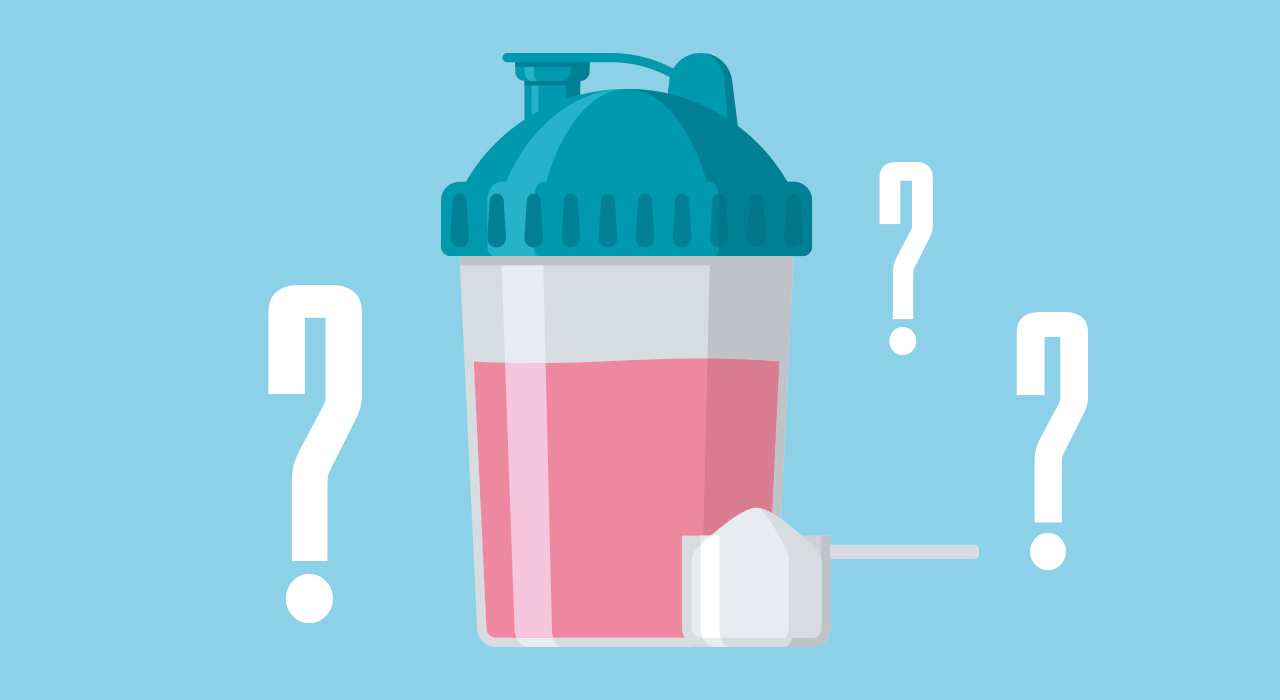Nutrition
Are Pre-Workouts Necessary?
If you’ve been around the fitness sector long enough, chances are you’ve heard many of your favorite Fitspos boasting about the magical properties of their pre-workout drink of choice. With claims that it can give you that motivation you lack, help you hit a new PR, and burn more calories, is a pre-workout supplement the missing link in your fitness and nutrition regime?
Many pre-workout supplements generate a ton of hype due to lots of marketing, promotions and ripped athletes endorsing the heck out of them. They do a fine job of incentivizing many to purchase and those buyers probably don’t even take more than a glance at the labels of these products.
Characteristic of most pre-workouts are ingredients like arginine, phenylalanine, taurine, L-citrulline, beta alanine and of course, caffeine. If you research each one of these ingredients on their own, it’s hard to find any concrete evidence of a profound effect on performance.
What’s more confusing is that the label may actually list a combination of these ingredients under the catch-all title, “proprietary blend”, so it’s impossible to know how much of each ingredient you are actually consuming. In some cases, that “proprietary blend” could be predominantly caffeine with little else, in which case, yes, you may just feel like Superman!
Every pre-workout will have a different ingredient deck, but here are a few of the most common, classified by what they claim to provide during a workout:
Strength: beta alanine, creatine, betaine
Stamina: caffeine, B vitamins, taurine, green tea extract, arginine
Repair and recovery: BCAAs (isoleucine, leucine, and valine), glutamine
Cognitive function: phosphatidylserine, theanine, choline, phenylalanine
In many cases, those who have consumed a pre-workout supplement prior to training have observed a change in strength, stamina, adrenaline, cognitive function or a combination of these during their workout. But as is the case with all supplements, a pre-workout is not a wonder drug that will negate a poor diet and sub-standard fitness regime. In order for it to “work”, a pre workout should be taken as a supplement to a healthy nutrition and fitness routine.
Since all pre-workouts are not created equal, it is advised to study the labels before consuming. Be sure to note any allergen concerns and if a product lists some ingredients within a proprietary blend, it’s best to find a different product, and one that lists the exact quantities of each ingredient.
Some pre-workouts will be milder and others will be more extreme, so understanding how your body is affected by certain concentrations and blends is important when selecting a pre-workout. If you are cautious about adding a pre-workout into your arsenal, I recommend a non-stimulant option such as AMPD Nutrition’s Pre-E product.
Bottom line: do your research before adding any of these supplements into your body. Just because your favorite athlete takes it, doesn’t always mean it’s safe for YOU.














